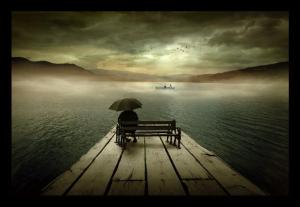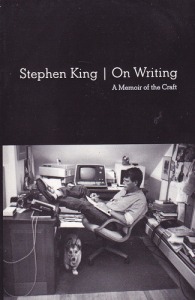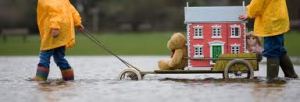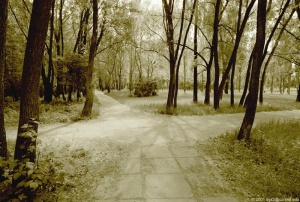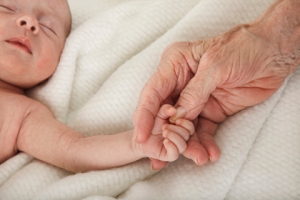I just finished reading Stephen King’s ‘On Writing’. It was a great read. It’s funny that as writers we can be so critical of ourselves and need validation from others. It’s reassuring that even seasoned writers feel this way. I’m going to share some of my key take-aways from this book.
I haven’t written in a couple of days because I started to fall back into a bad place again. Stephen King was seriously hurt when he was run over by a van in 1999. Following the accident, he didn’t write for some time, but when he did, it brought back his spirit. This experience, as he said, made him realize “Writing is not life, but I think that sometimes it can be a way back to life.” This is how I feel about my writing. Sometimes it’s what brings you back to life. That’s why even when I’m feeling really down, I know writing will be the way back.
So, here’s to coming back, and to learning from a great author, who, as it turns out, is not so different from the rest of us.
Things I learned or what really resonated with me:
One thing that really resonated with me was King’s idea of writing ‘with the door closed and with the door open’. King uses the analogy of an archaeologist uncovering a fossil–this is how a writer should write: unearthing the story. This is what it means to write with the door closed–to get all of your writing out there without being critical, without worrying over details and fussing over facts, just getting the story out there. This is also literal–King believes you should have a writing space that works for you, with no distractions and a door to keep everything out. This is the first phase of writing, in which you’re uninhibited, uncritical, and you’re unearthing the fossil that is your story.
The next phase is having the door open–having your work edited and read over by others. I really like this idea of ‘closed door’ and ‘open door’ writing stages. King says he doesn’t personally recommend writing classes and workshops because they force writers to be writing with the door open. In writing workshops your work is constantly being critiqued, you’re constantly being made to respond to questions about theme, symbolism, character development, plot, etc. etc. This forces you to constantly question your story when you’re still in the ‘unearthing’ stage. This really resonated with me, and I may be biased because I have a fear of writing workshops, but I’ve also experienced these types of classes and found King’s statement to be exactly true. For me, it’s difficult enough to feel confident as a writer and to support my own storytelling efforts. Having others constantly question my work throughout the process isn’t really helpful. That’s not to say it’s never helpful–just that there’s a time and a place and I like this idea of getting your story out , then going through the comprehensive critiquing and editing stages.
This is probably one of the most illuminating things I got out of King’s book, among many. Another great discovery was that King doesn’t plot out his novels before writing. He finds novels can become ‘stale’ if the plot is structured in advance and he becomes bored with writing them. Instead, his novels begin with a situation and unfold from there. Often times he wonders what his characters are going to do–the story and characters develop as he unearths the fossil. I find this fascinating and frankly reassuring. There are so many times I’ve started to write a novel and then stopped because I couldn’t figure out the entire structure of it. I tried to develop the plot from beginning to end, and it just never came together.
This idea of starting with a situation and watching it unfold really resonated with me. It made writing a novel seem more feasible and exciting. King also mentions that he typically tries to get a first draft done in three months. Otherwise, when a novel drags on he becomes bored with writing it, and it can flounder. I found this to be reassuring. I’ve always heard that it takes some writers years to publish a novel and that was always a daunting notion. I now realize that that’s not always the case, and that, even if it takes years to publish a novel, it might take a fraction of the time to get the first draft out there.
There are a lot of other helpful tips I gleaned from this memoir– to be a good writer you need to read a lot, and write a lot each day; you need to understand the principles of writing and grammar; you need to be honest with your writing; you should be prepared to face rejection without letting it discourage you.
There is a lot of good writing advice in this memoir. Most of all though, I think what I appreciated was seeing myself in this book and realizing that even successful writers didn’t start out this way. King wrote a lot of short stories that were rejected by magazines. It’s not as though he wrote something and was one day deemed an amazing writer. It took a lot of work and effort and perseverance. It’s not enough to write one good story, or to submit your stories to a few magazines. If you really want a career in writing, my sense is that it’s something you’re constantly working at. King’s perseverance is admirable.
Also, for me, King’s own doubts (he mentions his doubts about writing a memoir on writing) made me realize that doubt is a common obstacle for writers to overcome. Just because you doubt yourself, doesn’t mean you have to. We all have that little voice in our heads that questions what we’re doing, whether it’s good enough, how others will respond and react to our work. Even someone like King, who has been very successful in the craft, still has all of these doubts. This makes me feel hopeful when I’m putting pen to paper and all the negativity and criticism starts swirling in my mind. It’s empowering to know this is normal, it’s not a sign that what I’m doing isn’t worth doing–it just means I need to silence my demons and allow myself to unearth this fossil, and see what happens.
